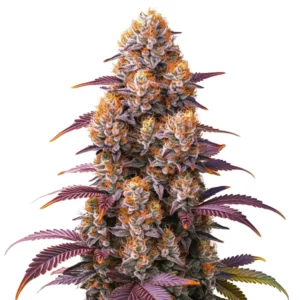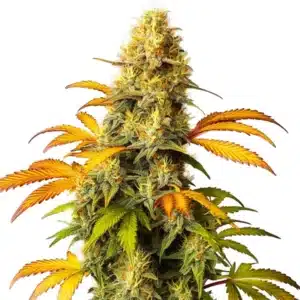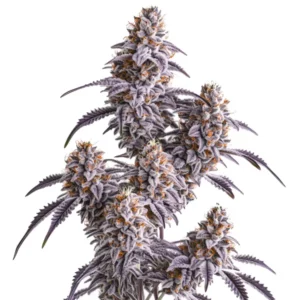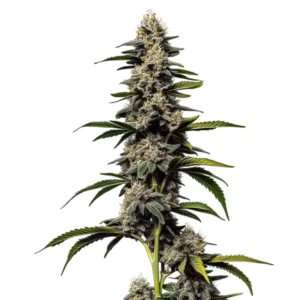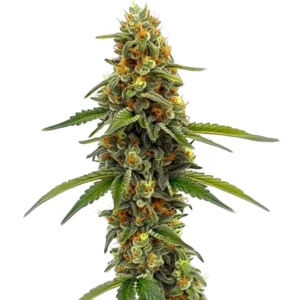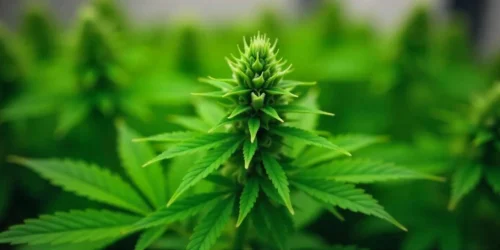On November 27, 2024, the Australian Senate voted against the Legalising Cannabis Bill 2023, a significant proposal aimed at legalizing and regulating cannabis nationwide. The bill, introduced by Greens Senator David Shoebridge, sought to establish a comprehensive framework for the legal production, sale, and personal use of cannabis across Australia.
Key Provisions of the Bill
The proposed legislation included several notable provisions:
- Age Restriction: Legalization of cannabis use for adults aged 18 and over.
- Home Cultivation: Permission for individuals to cultivate up to six cannabis plants per household for personal use.
- Cannabis Cafés: Establishment of licensed venues, akin to Amsterdam-style cannabis cafés, where adults could purchase and consume cannabis products in a regulated environment.
- Regulatory Body: Creation of the Cannabis Australia National Agency (CANA) to oversee licensing, regulation, and maintenance of a national register of cannabis strains.
Promos & Deals
Senate Decision and Reactions
The Senate’s decision to reject the bill, with a vote of 24 against and 13 in favor, was primarily influenced by the governing Labor Party and the opposition coalition of Liberal and National parties. Senator Shoebridge expressed disappointment, stating, “Labor and the Coalition once again teamed up to vote down law reform the community wants.”

Arguments Against the Bill
Opponents of the bill raised several concerns:
- Health Risks: Medical bodies, including the Australian Medical Association, warned that legalization could increase cannabis use among young people, potentially leading to adverse health outcomes.
- Organized Crime: Some senators argued that legalization would not eliminate the black market. Citing Canada’s experience, they noted that a significant portion of cannabis sales remained illicit even after legalization.
Advocates’ Perspective
Proponents of legalization highlighted several potential benefits:
- Economic Gains: The Parliamentary Budget Office estimated that a leg could generate $28 billion in government revenue over a decade through taxes and savings on law enforcement.
- Public Support: Surveys indicated strong public backing for legalization, with many Australians viewing current prohibition laws as outdated and ineffective.
- International Trends: Advocates pointed to successful legalization efforts in countries like Canada and various U.S. states, emphasizing regulated markets’ ability to reduce harm and generate economic benefits.
Current Status and Future Outlook
Despite the Senate’s rejection, the debate over cannabis legalization in Australia continues. The Greens have vowed to persist in their efforts, reflecting a broader global shift towards re-evaluating cannabis policies. As more jurisdictions worldwide move to legalize and regulate cannabis, Australia faces ongoing discussions about aligning its policies with emerging international norms and addressing the complexities of cannabis use within its society.
History of Cannabis Legislation in Australia
The road to cannabis regulation in Australia has been long and marked by significant shifts in legislation and public perception. Cannabis, once widely used in medicine during the 19th century, was banned in Australia in the 1920s, following international trends driven by global conventions.
In the decades that followed, recreational cannabis use grew, especially during the countercultural movements of the 1960s and 70s. This led to public debates about its social and legal impact, but policies remained focused on criminalizing its use and distribution.
The 2000s marked a turning point with growing acceptance of medicinal cannabis. Laws were introduced to allow its use for patients with specific medical conditions. In 2016, the federal government legalized the production of medicinal cannabis, enabling states to develop their own regulatory frameworks. This marked a crucial shift in the narrative around cannabis in Australia, reframing it from a purely criminal issue to one related to public health.
Despite these advancements, attempts to legalize recreational use have faced significant resistance. The recent Senate vote against the Legalising Cannabis Bill 2023 is just the latest chapter in a series of failed efforts to reform federal laws. However, growing public acceptance and the success of international models suggest that this debate is far from over.
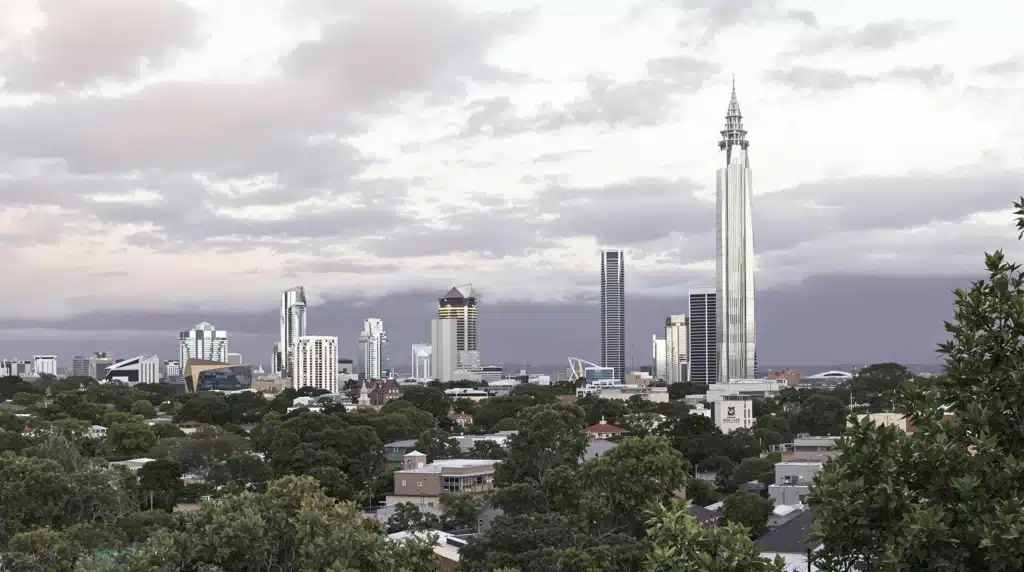
International Perspective
While Australia continues to debate cannabis legalization, many countries have taken significant steps toward regulating the plant, setting precedents that could serve as examples for the island nation. Countries like Canada and Uruguay have led the way by creating legal markets for recreational cannabis, navigating challenges but also achieving notable economic and social progress.
Canada: legalized cannabis in 2018 under Prime Minister Justin Trudeau’s administration, establishing a regulated system that allows adults to grow, sell, and consume cannabis. This decision has not only created thousands of jobs in the industry but also generated substantial tax revenue, with over $3.5 billion collected in direct taxes to date.
Germany: is one of the latest major nations moving toward cannabis in Germany reform. In 2023, the German government approved a phased legalization process that includes home cultivation and cannabis social clubs. The country’s plan emphasizes tight regulation, with the aim of disrupting the black market while protecting public health. Germany’s economic forecasts estimate that legalization could generate billions in tax revenue and create thousands of jobs, offering a compelling case for how Australia might also benefit.
Uruguay, the first country to legalize recreational cannabis nationwide in 2013, the model focuses on accessibility and state control, allowing citizens to purchase cannabis through pharmacies or grow it at home. While the black market hasn’t disappeared entirely, reports indicate its presence has significantly decreased.
In the United States, cannabis legalization in states like Colorado, California, and New York has created multi-billion-dollar markets. Each state regulates its market differently, offering a variety of approaches that can serve as inspiration for other nations. These states have also recorded a decrease in drug-related arrests, reducing pressure on judicial systems.
The Legality of CBD Across the World
Cannabidiol (CBD), a non-psychoactive compound derived from cannabis, occupies a unique legal status globally. Unlike THC, CBD does not produce intoxicating effects, which has made it more widely accepted for medicinal and wellness purposes.
In Australia, CBD is classified as a Schedule 3 medication, meaning it is available over the counter in pharmacies, provided it meets strict criteria. However, accessibility remains limited due to regulatory hurdles.
Internationally, the European Union allows CBD products as long as they contain less than 0.2% THC, with individual countries setting additional regulations. For example, Germany and France have embraced CBD as a wellness product, while others like Slovakia have tighter restrictions.
In the United States, the 2018 Farm Bill legalized hemp-derived CBD products containing less than 0.3% THC, sparking a booming industry. Despite this, inconsistencies in state laws lead to confusion over product legality and distribution.
CBD’s growing popularity reflects its therapeutic potential for conditions like anxiety, pain, and inflammation. Its broad acceptance demonstrates a gradual shift in public perception about cannabis-derived products, paving the way for more comprehensive cannabis reforms. For Australia, the success of CBD markets abroad could serve as a stepping stone toward broader legalization efforts.
Lessons for Australia:
- Cannabis regulation can generate significant tax revenue that can be allocated to public services such as education and healthcare.
- Establishing a quality control system reduces risks associated with consuming contaminated products from the black market.
- A successful transition requires public education to combat stigma and promote responsible use.
Australia, with its robust regulatory infrastructure and experience managing medicinal cannabis, has the potential to adapt and improve existing models, leveraging successes and avoiding the pitfalls observed in other countries. As social pressure mounts and economic benefits become increasingly apparent, the international landscape could play a pivotal role in influencing future legislative debates.

